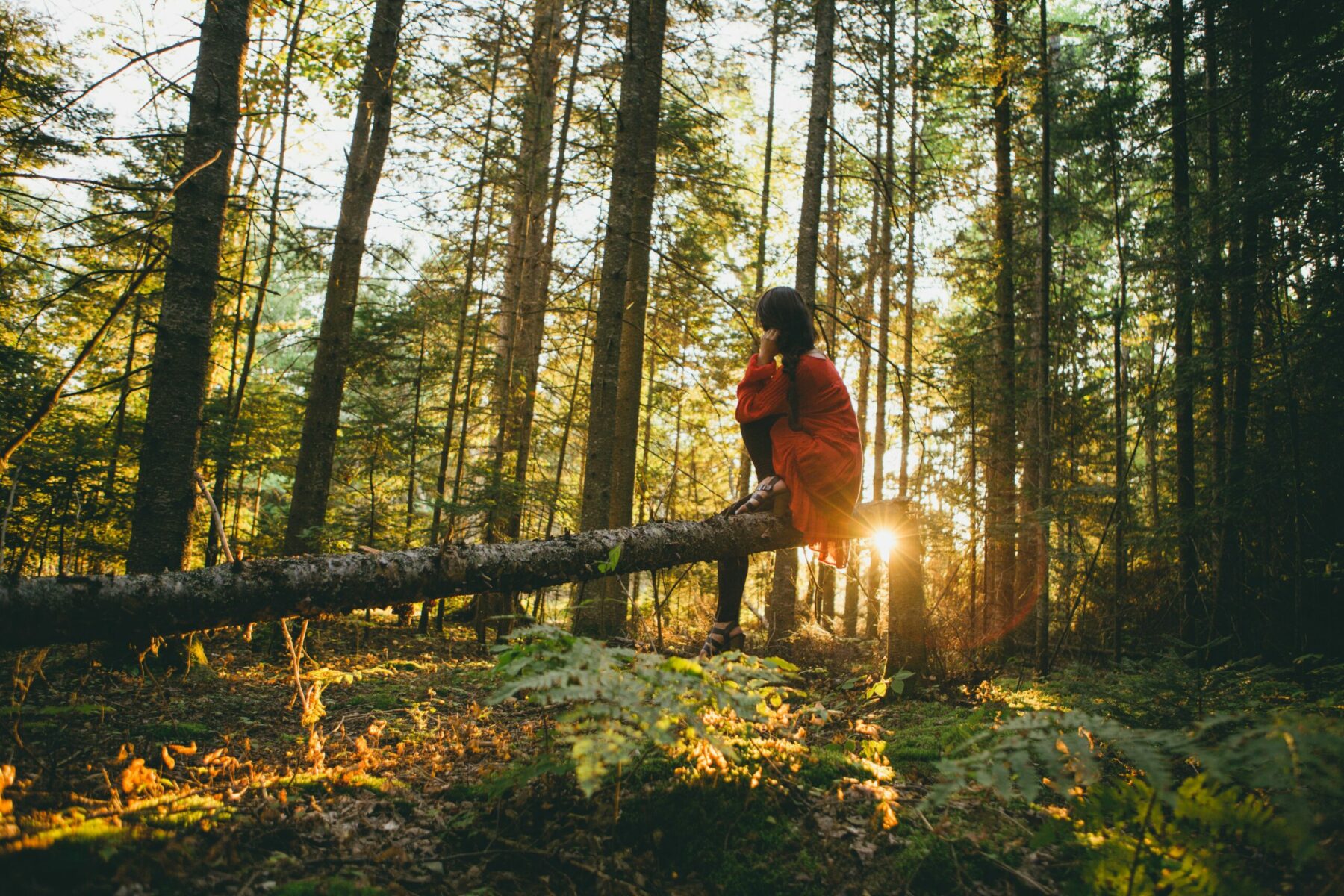Connecting with Nature and the Outdoors in Addiction Recovery

Boy, that Henry Thoreau was really onto something, wasn’t he? His landmark work “Walden” is a love letter to nature, solitude and self-reflection that inspired a whole generation of thinkers, transcendentalists, meditation enthusiasts and, let’s face it, a few folks who were trying to justify laying about.
There’s a great deal to be said, however, for connecting with nature whenever possible. The American Psychological Association reports that spending time outside has multiple cognitive and emotional benefits, and it can be even more beneficial for people in recovery who are coming from a life of dysfunction, pressure and abuse.
As summer hits its peak, and we’re all thinking about how to spend it, it may behoove us to think less “screens and AC” and more “streams and SPF.” Here are some ways nature can impact overall health and how you can engage with the outdoors.
Taking Walks or Hikes
You can literally take one step at a time toward connecting more with nature by taking a walk or hike to a nearby park, lake, stream or scenic wooded area. The Centers for Disease Control and Prevention (CDC) recommends you get at least 5,000 steps per day, and it’s a lot easier if you have something nice to look at while you do it. Do you live in a more urban area? Take a walk through town on a busy street and connect with people around you.
Brisk walking can elevate heart rate, increase muscle and joint mobility, and even help you to burn some belly fat. It also gives you time to collect your thoughts, look at something beautiful or interesting, and take you outside of your own head for an hour or two.
Take It Outside
Getting outside your comfort zone starts with getting outside. If it’s nice out, plan all or part of your daily routine outdoors, whether it’s exercise, reading, remote work or even meals. I mean, really, who doesn’t love a nice picnic? Choose a scenic spot where you can get some creative inspiration or spend some time thinking about things you haven’t thought of before.
Observe the wildlife, notice the colors of the vegetation and listen to the ambient sounds. Sometimes stopping to observe what’s right in front of you is a good way to battle the challenges you have ahead of you.

Fun in the Sun
There are plenty of opportunities to connect with nature while still getting the fun, excitement and relaxation you need to fuel you every day. Swim in a lake or the ocean, go camping with friends, climb some rocks or just sit under a shady tree to eat your lunch. If you need help planning some fun outdoor activities this summer, visit your community’s tourism or national parks website to discover year-round and seasonal activities. What you find may surprise you!
If there’s a beach by you, plan some time to visit and soak up the sun while reading a book, listening to music or just laying with your eyes closed for a few minutes at a time.
OK, But Why Is Being Outside Helpful to Recovery?
When you think about the things a person in recovery may be going through (physical and psychological withdrawal, professional and financial issues, family dysfunction, etc.), it’s easy to see how “getting away for a bit” can provide at least some marginal therapeutic benefits.
On the more scientific front, sunlight releases serotonin and other mental health hormones that increase well-being, which is essential to those living with depression, anxiety and other types of mental health issues.
From a physical standpoint, being physically active, which we’re essentially doing by default when we go outside, releases endorphins and can help to start counteracting many of the physical symptoms brought on by withdrawal (muscle stiffness, cardiac issues, head and body aches, etc.).
Perhaps the most valuable part of engaging with nature in recovery, however, is that it compels people to focus on something greater than themselves and connects them to a broader world beyond their immediate problems. New environments and interests lead to new thoughts and new ambitions. So, get out there!
About the Author

Dominic Nicosia is a New Jersey-based journalist and content writer covering addiction care and mental health. He currently serves as Senior Content Writer for Recovery Unplugged Treatment Centers, a national addiction treatment organization that offers a full continuum of care and uses music to help people more readily embrace the treatment process.






